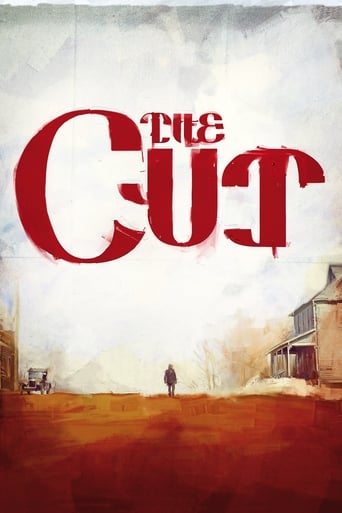"The Cut," a poignant 2014 film produced by Pyramide Productions and Corazón International, unfolds a harrowing yet essential narrative set against the backdrop of the Armenian Genocide. Directed by Fatih Akin, the movie follows the journey of Nazaret Manoogian, a blacksmith who survives the atrocities but is left mute after a brutal attack. His subsequent quest to reunite with his family spans continents and decades, painting a vivid picture of resilience and the human spirit's unyielding hope. The film's title, "The Cut," metaphorically represents both the physical and emotional scars borne by survivors, as well as the severing of familial and cultural ties wrought by genocide. Akin's direction masterfully captures the sweeping scope of Nazaret's odyssey, from the deserts of Mesopotamia to the bustling streets of Cuba and the serene landscapes of North Dakota. The film's cinematography, rich with historical detail and emotional depth, immerses viewers in the protagonist's world, making the journey as visceral as it is visual. The use of multiple languages and the careful attention to cultural nuances further enhance the authenticity of the narrative, offering a global perspective on a tragedy often overlooked in mainstream cinema. Tahar Rahim's portrayal of Nazaret is nothing short of mesmerizing. His ability to convey profound emotion without uttering a single word speaks volumes about the character's inner turmoil and unwavering determination. The supporting cast, including notable performances by Simon Abkarian and Makram Khoury, adds layers of complexity to the story, enriching the tapestry of human experiences depicted on screen. The film's score, composed by Alexander Hacke, complements the visual storytelling, evoking a sense of both despair and hope that resonates long after the credits roll. "The Cut" is more than just a film; it is a testament to the enduring power of memory and the importance of acknowledging historical injustices. By weaving together personal stories with broader historical events, the movie not only educates but also inspires empathy and understanding. It serves as a crucial reminder of the Armenian Genocide and the countless lives it affected, urging audiences to reflect on the consequences of hatred and the resilience required to overcome such profound loss.
年2014
予算16000000$
上映時間138 分
ジャンル履歴ドラマ
製作国GermanyFranceItalyCanadaRussia




